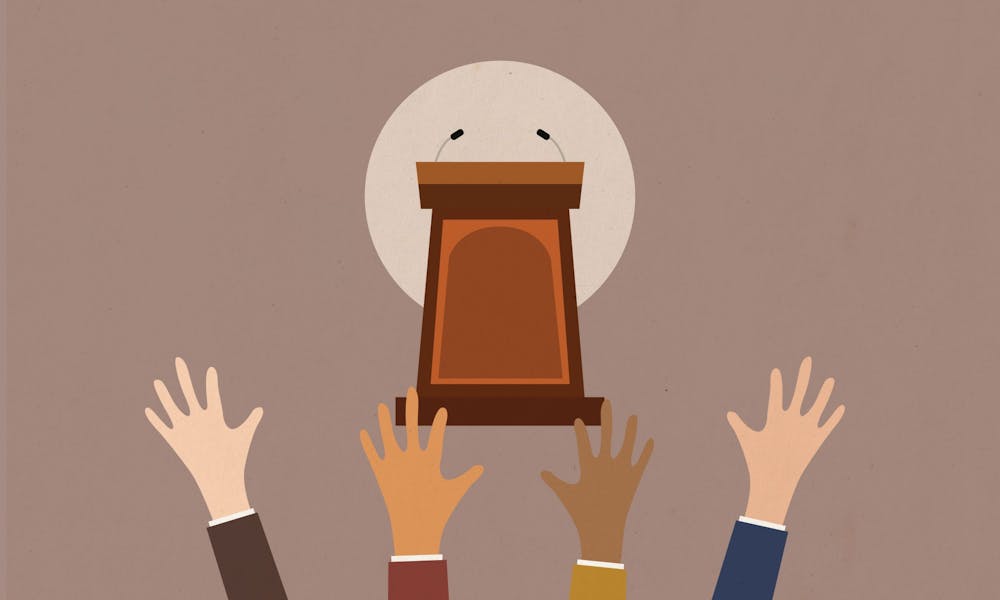
As the start of the academic year approaches, students, faculty, and families alike continue to worry about exactly what the fall semester will look like. The University announced its plan for a hybrid semester in late June, with all students invited back to campus but most learning taking place remotely. Penn’s announcement also included a Student Campus Compact which stated that all community members must agree to wear facial coverings in public, avoid large gatherings of all types, and follow other health-related guidelines. Still, many questions about social life and safety remain.
To dispel students’ and parents’ anxiety about the fall, the University has a duty to offer an open and transparent account of what it does know and provide an easy way for people to reach out with questions. Following the model of peer institutions, Penn administrators should hold a community town hall meeting and foster an open line of communication.
While the Fall Semester Planning site’s FAQ page provides answers to some common questions about the semester, many people have additional pressing questions and lack an easy pathway for finding answers. What happens if a faculty member falls ill and is unable to teach virtually? Will students be penalized if they catch the virus and are unable to complete coursework? How exactly will the Student Compact be enforced? And how will the University monitor the health of students who become ill? As students decide whether to return to campus in the fall, they need answers to these questions. A town hall would be an open forum for administrators to provide these answers.
Peer institutions already made attempts to answer student questions, giving the University a blueprint to work from. At Cornell University’s virtual town hall on July 15, administrators fielded nearly 2,000 questions on topics ranging from move-in to dining to disability accommodations. Many other campuses nationwide, including Emory University and Purdue University, have held similar events in an attempt to aggregate information on reopening. Penn students deserve the same chance to find answers as well.
While the information available on COVID-19 changes daily, this is no excuse for lack of communication. Rather, this should encourage the University to share even more about contingency plans in case virus case counts are too high to allow for the hybrid semester to take place. As case counts rise among young people across the state, members of the Penn community need their questions answered. The Penn community needs reassurance and as much information as possible at this time, not redirection and dismissal.
Editorials represent the majority view of members of The Daily Pennsylvanian, Inc. Editorial Board, which meets regularly to discuss issues relevant to Penn's campus. Participants in these meetings are not involved in the reporting of articles on related topics.
Have opinions of your own you would like to share? Submit a guest column.
The Daily Pennsylvanian is an independent, student-run newspaper. Please consider making a donation to support the coverage that shapes the University. Your generosity ensures a future of strong journalism at Penn.
Donate






